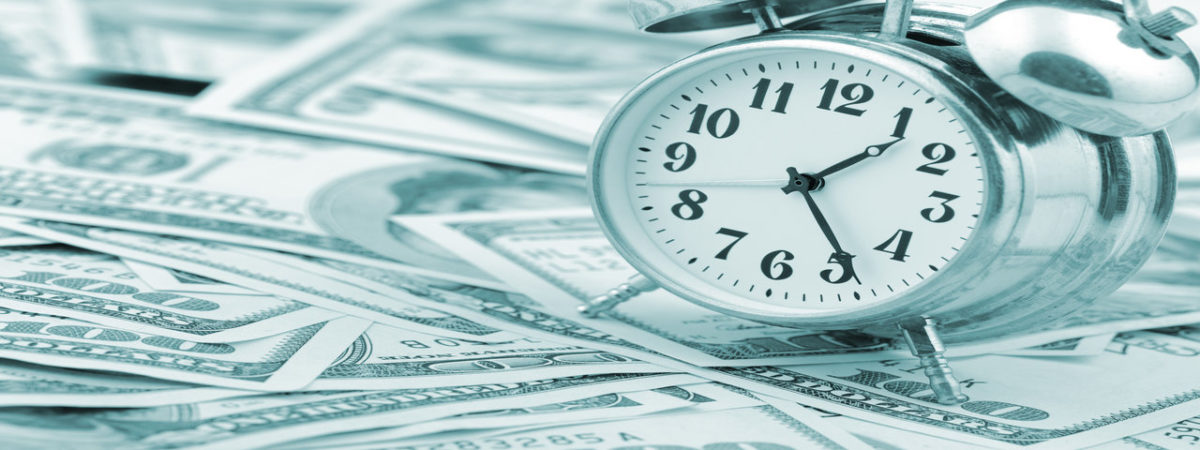Thinking about drinking
SUGGESTED



No, this is really about the general health of the population, and is of a piece with the smoking ban and attempts to regulate what we eat and how much exercise our children take. Donaldson argues that, despite being more expensive than in most continental economies, alcohol is “too cheap” and that this is damaging our health. It’s part of the new bipartisan policy drive to nudge us and cajole us into altering our lifestyles. Will it work?
The report on which the proposal is based, by Sheffield University researchers, makes estimates of the price-elasticity of demand for alcohol and from these Donaldson’s team works out by how much consumption will fall (about 7%) if a minimum of 50p per alcohol unit is imposed. It then argues that such a fall in consumption will lead to (strictly, “will be associated with”) 3,400 fewer deaths, 100,000 fewer hospital admissions a year, 300,000 less days off work… and comes out with savings to the government of £12 billion over a ten year period. What’s not to like?
Plenty, actually. For one thing, the analysis involves a series of quite heroic assumptions. Beginning with the elasticity estimates: the literature suggests a very considerable range of estimates, and to put faith in a precise figure is daft. The likelihood is that in any case the new price will be subverted by illegal imports of drink from outside the UK, as already happens on far too large a scale.
If consumption of cheap drink does fall a little amongst the heaviest boozers who currently end up in hospital beds, other forms of self-harm may well substitute – drugs, non-beverage alcohol and tobacco. In any case hospital admissions reflect medical and administrative priorities, and fewer drink cases may just be substituted by other patients currently further down the waiting lists. Don’t expect a cut in NHS bills any day soon.
Why use a minimum price instead of increasing the (already high) rates of tax and duty on alcohol? The rationale is that this is more targeted – it hits those hardest who currently buy the cheapest forms of alcohol. But this is debatable. It has been pointed out that it would also hit modest drinkers of supermarket wine just as hard as cheap cider drinkers. The data used by the Sheffield study do not in any case justify the degree of precision which Donaldson advocates.
How will the minimum price be adjusted, as it will have to be over time? Linking it with inflation will not make obvious sense, for there is no reason why this should maintain a constant effect on consumption as incomes rise. An apparatus will have to be set up, rather as is the case with minimum wages, to make periodic adjustments – and this will be subject to the usual pressures of lobbying by interested parties, using unnecessary resources to persuade some great-and-good all-expenses-paid character to see the world their way.
To the extent that consumption is cut, the value of the elasticities estimated is such that the total spent on alcohol will almost certainly increase. For pubs and supermarkets, this will mean higher profits. Over time the price will almost certainly be raised faster than inflation, probably adding each time to private sector profits. Can you see this regime surviving long? There will almost certainly be pressure to add to an already complicated tax and duty regime to get at these windfall profits. When once you start regulating, you never stop.
Gordon Brown, who could be forgiven for seeking solace in a dram or two himself at the moment, seems thankfully sceptical about all this. But the idea’s unlikely to go away in a hurry – particularly as a version of it seems likely to get a run-out north of the border.
10 thoughts on “Thinking about drinking”
Comments are closed.





It would be interesting to plot a proper price-quantity chart for the various European countries, which have wildly different alcohol prices and well documented consumption rates.
I’d guess that the demand curve is almost vertical, which, as much as I hate to say it, is a good reason for taxing alcohol very highly.
It would be interesting to plot a proper price-quantity chart for the various European countries, which have wildly different alcohol prices and well documented consumption rates.
I’d guess that the demand curve is almost vertical, which, as much as I hate to say it, is a good reason for taxing alcohol very highly.
I wonder whether alcoholics will turn to crime if they can no longer afford to pay for their habit out of their benefits. A minimum price of 50p a unit will raise the price of a 2 litre bottle of super-strength cider from about £3 to about £9. If they drink one bottle a day this will use up all their Job Seeker’s Allowance, though if they are on Incapacity Benefit they might have a few pounds spare for food, heating and water.
I wonder whether alcoholics will turn to crime if they can no longer afford to pay for their habit out of their benefits. A minimum price of 50p a unit will raise the price of a 2 litre bottle of super-strength cider from about £3 to about £9. If they drink one bottle a day this will use up all their Job Seeker’s Allowance, though if they are on Incapacity Benefit they might have a few pounds spare for food, heating and water.
2 proposals:
-On ‘targeting’ those who consume the cheapest form of alcohol, why not just lower the overall rate of alcohol taxes substantially? Why would people buy cheap cider that tastes like vinegar if you could get a good one at a reasonable price?
-On hospitalisation costs, why not introduce a substantial co-payment on the treatment cost of self-inflicted injuries, payable in installments?
2 proposals:
-On ‘targeting’ those who consume the cheapest form of alcohol, why not just lower the overall rate of alcohol taxes substantially? Why would people buy cheap cider that tastes like vinegar if you could get a good one at a reasonable price?
-On hospitalisation costs, why not introduce a substantial co-payment on the treatment cost of self-inflicted injuries, payable in installments?
Of course, tobacco and alcohol are taxed because they are price inelastic in general. This helps increase the revenue yield. But then governments come along and start arguing the opposite when it suits them – that raising the price of alcohol and tobacco can be important in reducing consumption.
Of course, tobacco and alcohol are taxed because they are price inelastic in general. This helps increase the revenue yield. But then governments come along and start arguing the opposite when it suits them – that raising the price of alcohol and tobacco can be important in reducing consumption.
I agree with one of the discussants. Higher price of alcohol will cause more tax benefits and illegal imports, lower price may stimulate alcoholism. As double-edged scissors, one is to be careful implementing these measures in both directions of price change, with implementation of one of them depending on current governments needs and market sustainability.
I agree with one of the discussants. Higher price of alcohol will cause more tax benefits and illegal imports, lower price may stimulate alcoholism. As double-edged scissors, one is to be careful implementing these measures in both directions of price change, with implementation of one of them depending on current governments needs and market sustainability.